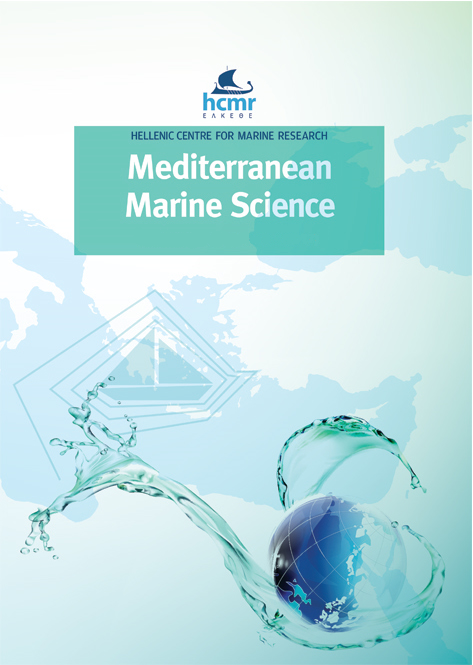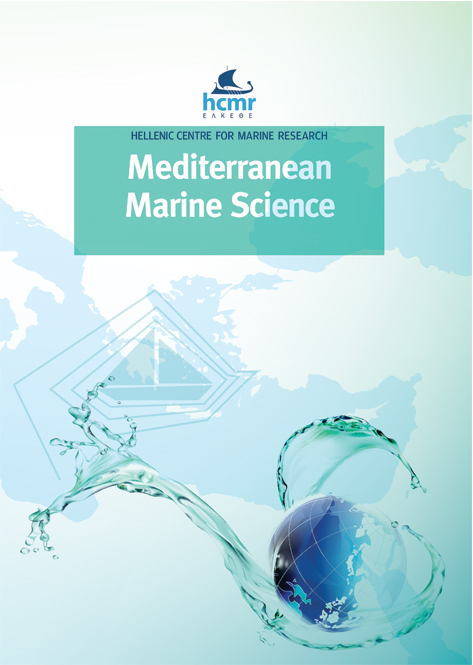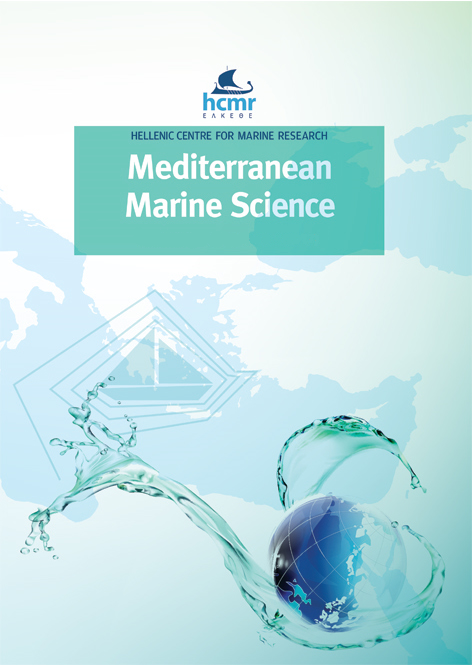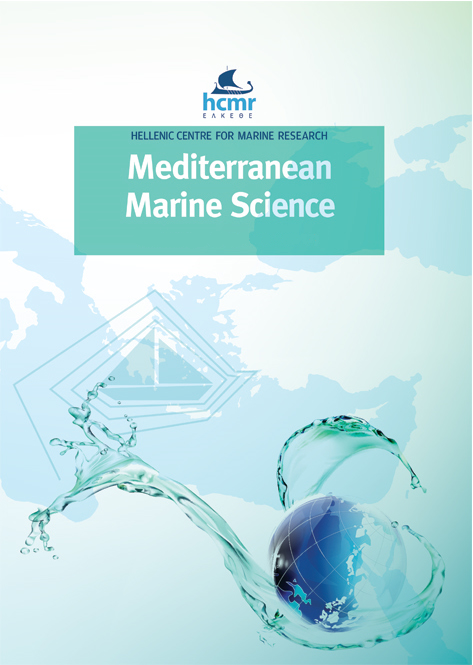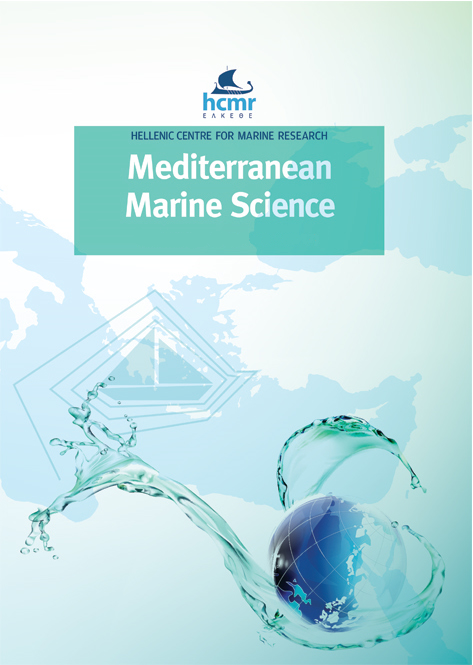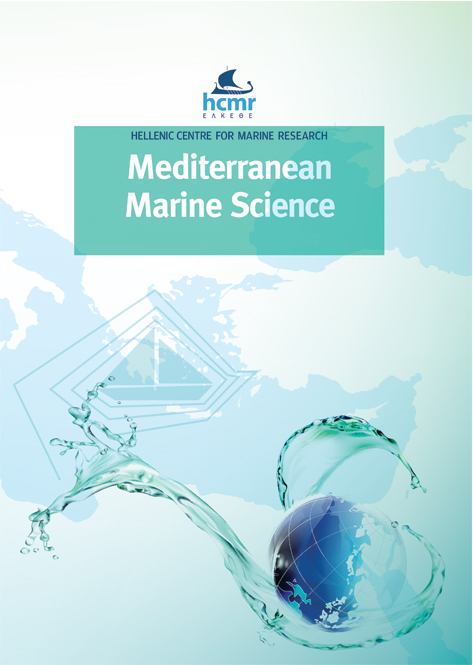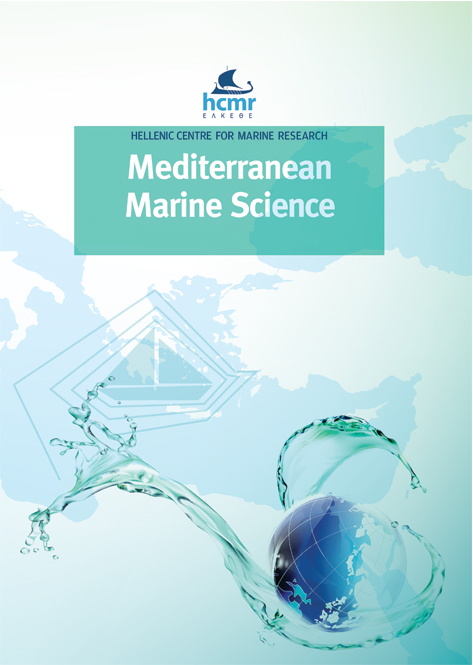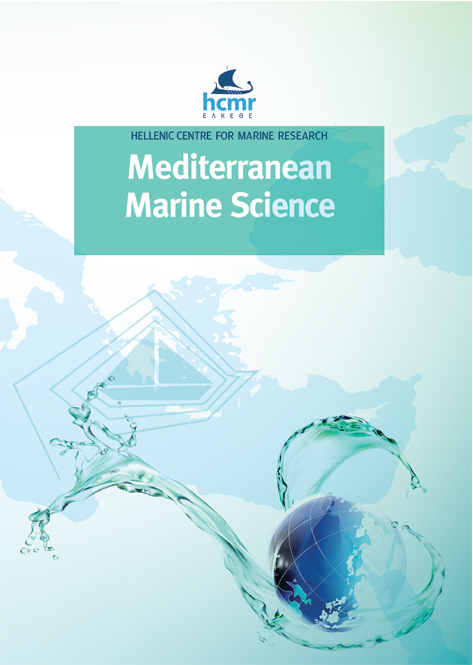Pinna nobilis in the south Marmara Islands (Sea of Marmara); it still remains uninfected by the epidemic and acts as egg laying substratum for an alien invader
Resumen
A total of 12 Pinna nobilis beds were found and studied at depths varying between 2 and 6 m in the south Marmara Islands (Sea of Marmara). Fan mussel individuals in the beds were healthy with a few old dead specimens, indicating that the epidemic, which has devastated P. nobilis populations in the Mediterranean Sea, has not reached the Sea of Marmara, making the region a refuge area for the species. The average density of P. nobilis in the area varied between 0.6 ind.10 m-2 and 24 ind.10 m-2. The P. nobilis shells overall provided substrata or refuge for 14 species (10 sessile and 4 motile organisms), from macroalgae to fish. Shells of juvenile and adult specimens had different species assemblages. Four distinct assemblages were detected on shells, primarily formed by the red alga Gracilaria bursa-postaris, egg cocoons of the invasive alien Rapana venosa, the gastropod Bittium reticulatum and the serpulid polychaete Spirobranchus polytrema.
Article Details
- Cómo citar
-
CINAR, M. E., BİLECENOĞLU, M., YOKEŞ, M. B., & GÜÇLÜSOY, H. (2021). Pinna nobilis in the south Marmara Islands (Sea of Marmara); it still remains uninfected by the epidemic and acts as egg laying substratum for an alien invader. Mediterranean Marine Science, 22(1), 161–168. https://doi.org/10.12681/mms.25289
- Número
- Vol. 22 Núm. 1 (2021)
- Sección
- Research Article
Authors who publish with this journal agree to the following terms:
- Authors retain copyright and grant the journal right of first publication with the work simultaneously licensed under a Creative Commons Attribution Non-Commercial License that allows others to share the work with an acknowledgement of the work's authorship and initial publication in this journal.
- Authors are able to enter into separate, additional contractual arrangements for the non-exclusive distribution of the journal's published version of the work (e.g. post it to an institutional repository or publish it in a book), with an acknowledgement of its initial publication in this journal.
- Authors are permitted and encouraged to post their work online (preferably in institutional repositories or on their website) prior to and during the submission process, as it can lead to productive exchanges, as well as earlier and greater citation of published work (See The Effect of Open Access).

